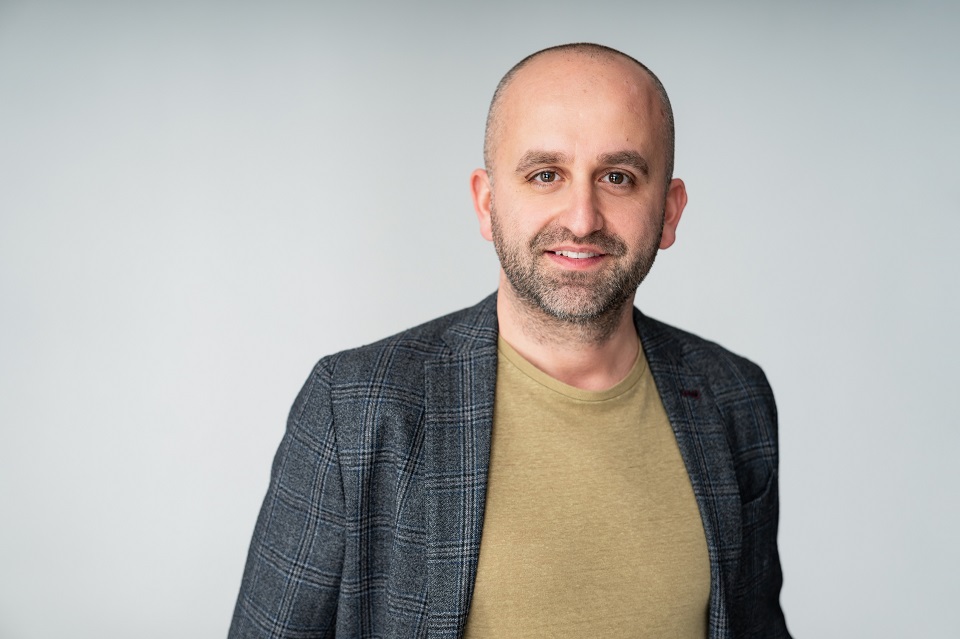BCG study: Employees around the world are eager to retrain themselves in the context of GenAI advances.

The labor market in Romania is joining global trends.
A new report by Boston Consulting Group (BCG), The Network and The Stepstone Group, based on a survey of more than 150,000 respondents in 188 countries, including Romania, reveals changing priorities and preferences in the workplace .
- Three quarters of Romanians believe that GenAI will create a certain level of change, and 55% are willing to retrain.
- Romanian employees declare themselves confident when negotiating for a new job.
Three-quarters of employees worldwide believe that GenAI will bring some level of change to the workplace.
Despite the uncertain times, they remain confident in their position on the labor market:
- 57% of them are prepared to retrain in new positions to advance their careers. In Romania, the data show similar trends:
- 73% of Romanian respondents believe that GenAI will have a certain impact on the workplace.
- 55% of those surveyed want to retrain to adapt to the new context, while 40% only if necessary, and 5% do not intend to do so at all.
From the perspective of the negotiating position, 60% of Romanian respondents consider that they have the advantage when negotiating for a new job:
- 65% declare that they are approached by potential employers at least once a year
- 12% once every few years and only 23 % say they have never been contacted.
Regarding the degree of adoption of AI,
- 23% of Romanians say they use this technology regularly, compared to 29% of the French or 39% of the Americans.
- 23% of Romanians have never heard of AI, compared to 14% of respondents globally.
These are some of the main findings of a new report entitled “How Work Preferences Are Changing in the Age of GenAI”, published by Boston Consulting Group (BCG), The Network and The Stepstone Group. The study is based on data from a survey of 150,000 employees in 188 countries and is the second part of the 2024 edition of the Decoding Global Talent series. The survey in Romania was conducted on a sample of 1074 respondents.
The study’s findings underscore the proactive approach employees are taking in response to the impact of GenAI. By prioritizing reskilling and development, they not only prepare to adapt to technological change, but also express confidence in their ability to thrive in an evolving job market. This adaptability is essential to maintaining a robust and resilient workforce in the face of continuous technological advances.
“We are seeing a rapid evolution and maturation of employee views towards AI and a crucial recognition that a commitment to continuous reskilling is beneficial for employees in the long term,” said Jens Baier, Managing Director and Senior Partner at BCG, a leader in the area human resources.
From the perspective of important factors for choosing a job, financial aspects are a priority for Romanian employees, followed by the balance between personal and professional life, as well as the relationship with superiors. Globally, the most valued factor is job security.
Romanian employees are also sure about what they don’t want—69% would turn down an attractive job offer if they had a negative experience during the interview process. Additionally, 35% of employees say they will not work for companies that do not offer the option to work from home or remotely, and 41% value diversity and inclusion in the workplace.
“In recent years, I have seen Romanian candidates much more interested than in the past in topics such as the balance between personal and professional life, the possibility of working remotely, the relationship with the manager and the team or opportunities for personal development. They will not reach never exceed the importance of salary, but it is on the list of mandatory elements that a future job must tick off. Moreover, in the case of young and very young candidates, the list of expectations they have from an employer is very well defined clear what they want and, in some cases, they are much more determined, than candidates from other age categories, not to accept a job that does not meet all their standards”, says Bogdan Badea, CEO of eJobs Romania.












